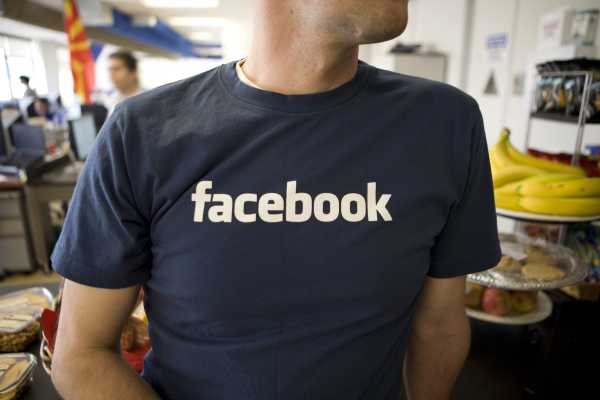
This story is part of a group of stories called

Uncovering and explaining how our digital world is changing — and changing us.
Facebook was once, believe it or not, cool.
But a lot has changed since the early days of the News Feed, when it was full of status updates and photos from friends. Facebook has gotten crowded with brands and pages vying for eyeballs. It has become a place where people, especially teenagers and young adults, don’t feel as comfortable sharing their lives.
Now, after spending the past four years trying to fix the News Feed by making it more about friends and family, Facebook is going in the other direction: toward showing you more entertaining content from people you don’t know. This new “Discovery Engine” push is all about becoming more like TikTok, which has captured the attention of the young generation Facebook so desperately wants to win back.
The result is an “updated vision for how the Facebook app is going to respond to the next generation of people who are going to use it,” says Tom Alison, the head of the Facebook app at Meta, in what marks his first in-depth podcast interview since he assumed the role in July 2021.
We examine the past, present, and future of Facebook’s Feed for our fifth episode of the new season of Land of the Giants, Vox Media Podcast Network’s award-winning narrative podcast series about the most influential tech companies of our time. This season, Recode and The Verge have teamed up over the course of seven episodes to tell the story of Facebook’s journey to becoming Meta, featuring interviews with current and former executives.
This episode also features commentary from Nick Clegg, Meta’s top policy executive, about the implications of the company taking more control over what billions of users see every day in their Facebook and Instagram feeds.
“In a strange kind of way in the future, we’re going to be doing what we have been alleged to do for a long time,” said Clegg. “If you listen to the [former Facebook employee and whistleblower] Frances Haugen kind of narrative … it’s oh my gosh, they’re just spoon-feeding people hate speech. … Of course it was nonsense … because the vast majority of content that people saw on Facebook was driven, of course, by our systems, but also by their own choices, who their friends are, which groups they’re part of, what content they engage with, and so on.”
But that is changing with the new Discovery Engine strategy. To make Facebook and Instagram more like TikTok, Meta will use AI to serve users more content from strangers. What will this push mean for the future of Facebook and how we use it?
Listen to the fifth episode of Land of the Giants: The Facebook / Meta Disruption, and catch the first four episodes on Apple Podcasts, Google Podcasts, Spotify, or wherever you get your podcasts.
Will you support Vox’s explanatory journalism?
Millions turn to Vox to understand what’s happening in the news. Our mission has never been more vital than it is in this moment: to empower through understanding. Financial contributions from our readers are a critical part of supporting our resource-intensive work and help us keep our journalism free for all. Please consider making a contribution to Vox today.
Sourse: vox.com





